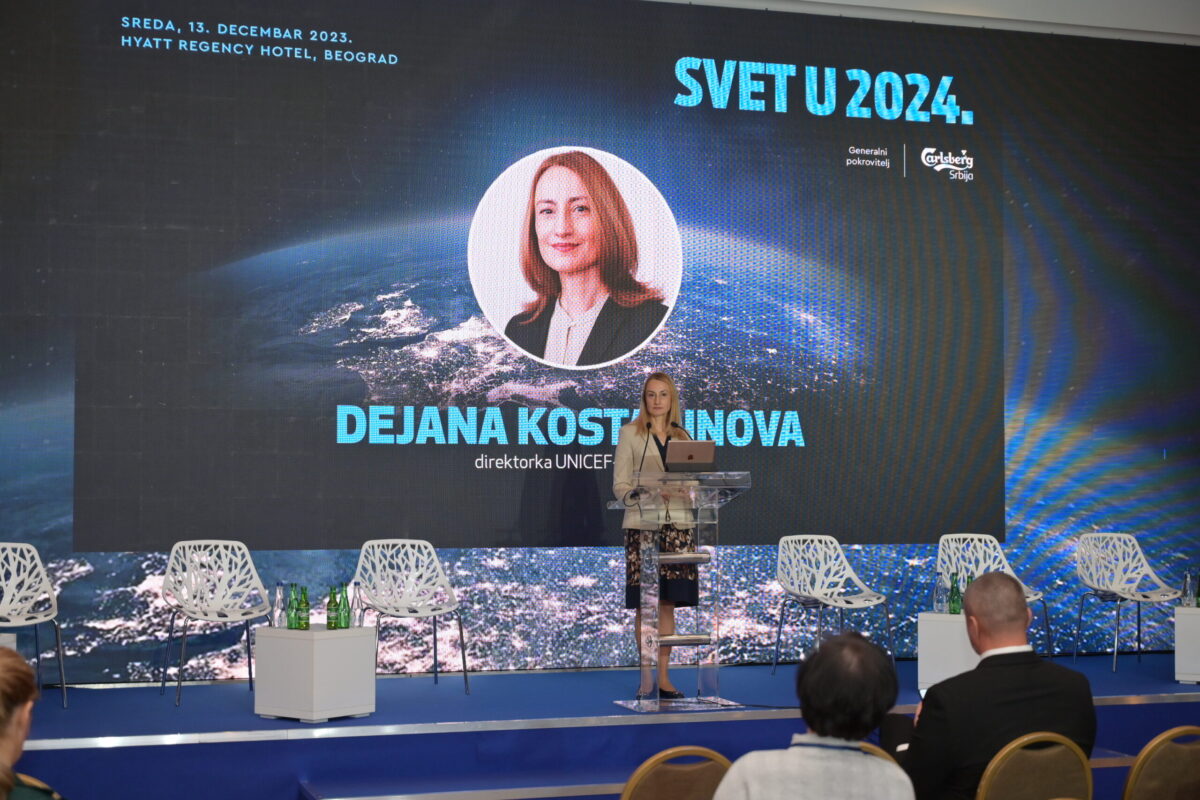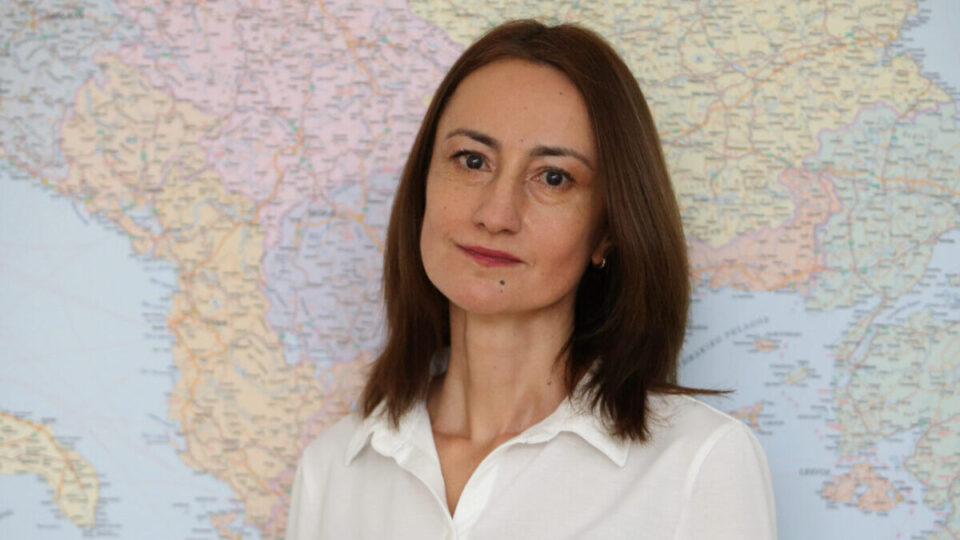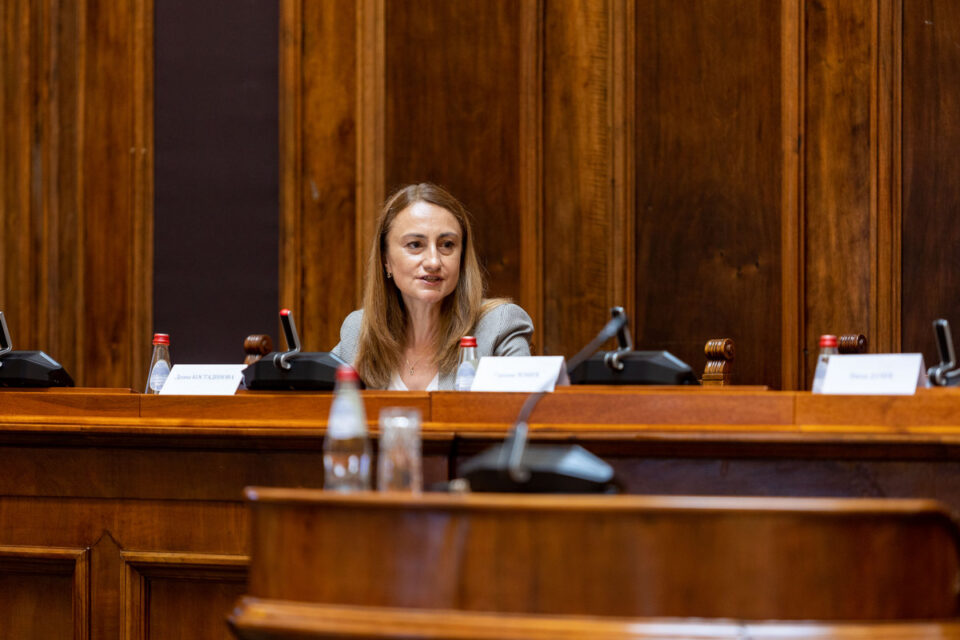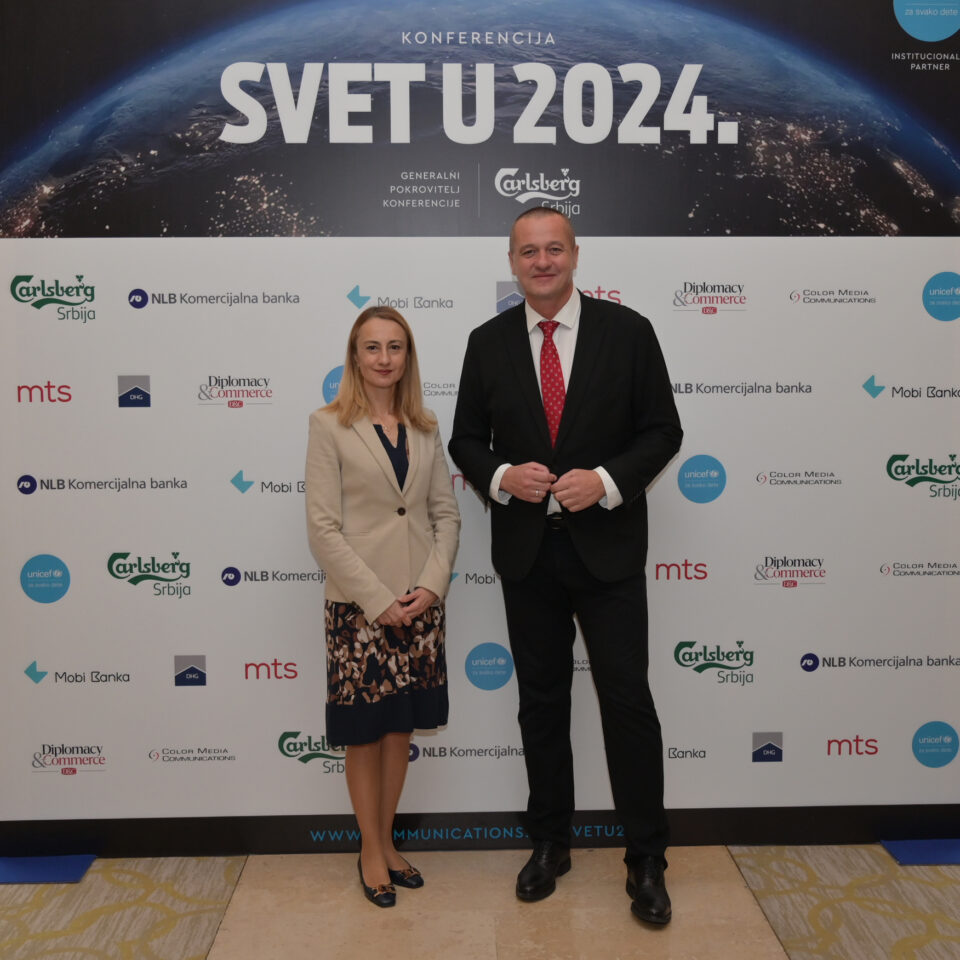Most important of all will be the ability to deal with change, learn new things, and preserve our mental balance in unfamiliar situations
 by
by
Deyana Kostadinova
Director of UNICEF Serbia
Recently, we marked the 34th anniversary of adopting the UN Convention on the Rights of the Child – the most widely ratified human rights treaty in history to which most of the world’s Governments committed. However, the world nowadays, compared to the world of 1989, presents a greater threat to children’s rights.
UNICEF estimates that 400 million children are living in or fleeing from conflict zones. Nearly 600 million children are not meeting minimum reading standards, and 1.2 billion children are living in multidimensional poverty. Today, children live in a world increasingly hostile to their rights.
 Where is Serbia on this map?
Where is Serbia on this map?
Serbia is an upper-middle income country committed to joining the EU. I spent the previous week in Brussels, supporting the participation of brilliant Serbian young women in the EU-WB Summit. There was one message that has been clearly articulated and ran like a golden thread through all my meetings: economic growth is not possible without human capital development. And I’m glad to see this reflected in the announcements for the Growth Plan.
Human capital development starts in the earliest years of every one human being. Serbia has demonstrated commendable progress in some areas, and I would like to highlight three of them – the ones that contribute to building resilient communities as a foundation for sustained economic growth.
UNICEF estimates that 400 million children are living in or fleeing from conflict zones
The first is Early Childhood Development (ECD): Serbia has institutionalized and scaled up parenting programs, empowering 30,000 caregivers this year alone. Strengthening essential servicesin primary health care – home visiting and paediatric care, preschool, and social welfare has been accompanied by new local budget allocations exceeding half a million euros in 29 municipalities. The economic argument is clear – investing in early childhood interventions yields returns averaging 4 to 5 times the initial investment. Nevertheless, challenges persist, with 1 in 3 children at this age experiencing violent disciplining at home, and vulnerable children – especially those living in poverty, Roma children, and those with developmental difficulties – struggling to reach their full potential. The foundation has been built and we should continue with investments in ECD to ensure that these children can integrate in the society later and join the labour force.
The second is Early Childhood Education (ECE): Serbia’s reform of preschool education deserves recognition. All children attending preschool education now learn through play and establish a crucial foundation for lifelong learning thanks to the new Preschool Curricula Framework. The financial support, especially through a loan from the World Bank, was crucial for broadening physical capacities and training of teachers. This increased access to early learning for all children, including the children from vulnerable groups. This is an important step for reducing inequalities and including children in the education system preparing them for the next stage of skills development.
 Now is the time to stabilize these first results and ensure the transition process from preschool to primary school. Ensuring universal access for every child to high-quality education is a precondition for building a strong labour force for economic growth.
Now is the time to stabilize these first results and ensure the transition process from preschool to primary school. Ensuring universal access for every child to high-quality education is a precondition for building a strong labour force for economic growth.
The third is the Mental Health Initiative in Serbia: Serbia has recognised that a resilient community is the backbone of a peaceful and productive society. Due to strong political will, Serbia is actively advancing efforts to promote mental health and psychological well-being among children and adolescents. A pivotal milestone was the signing of a comprehensive Memorandum of Understandingby six ministers. This landmark document integrates mental health considerations into the health, social welfare, child protection, and education sectors. The first step has been made, now is the time to translate these commitments into actions. We look forward to the establishment of a high-level working group that will develop the action plan with secured financing and oversee effective implementation. This strategic approach ensures that the momentum generated by political support is translated into practical improvements in mental health services for young people.
Serbia has institutionalized and scaled up parenting programs, empowering 30,000 caregivers this year alone
We all know that national prosperity is created; not inherited. The adolescents of 2030 are now in their early childhood years, still on the threshold of entering primary school.
Early childhood development is the undeniable political, economic, social, and moral issue of our time. Because it is the most effective way to build the human capital we need. Increasing the investments, political will and capacity needed to expand support to parenting, child development in early years, equitable access to quality pre-school programs and the mental health of adolescents and youth – this is the way forward. It is vital to recognize that these are instrumental in building resilient communities – a prerequisite for human capital development and sustainable economic growth. We know that the world is going to continue to change and put forward new challenges before us.
If we look beyond the World in 2024 and go to 2050, we might ask ourselves how we can best prepare our children to be ready for the challenges ahead. Here, I would like to quote my favourite author and thinker of today, Yuval Noah Harari, who said:
“Most important of all will be the ability to deal with change, to learn new things and to preserve our mental balance in unfamiliar situations.”
